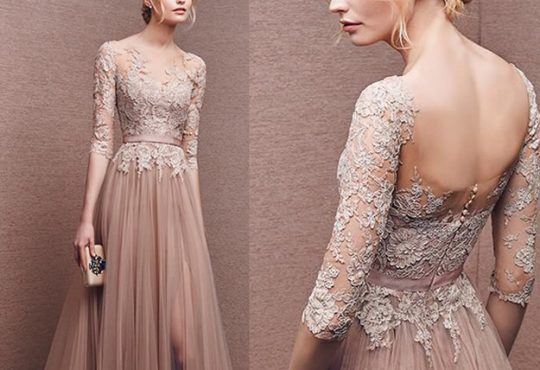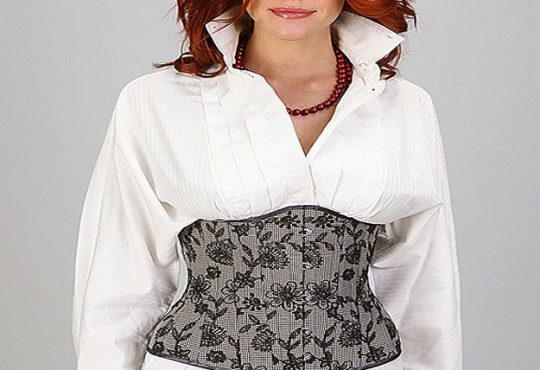Children’s clothing evolved as with all the things that are now present today.
From the beginning, children’s’ clothing used color to separate the genders. Especially in the olden days where little boys looked like little girls, the distinction can be made by the color of the clothes. Girls wore pink and little boys wore blue, this is as much true today as it is in the era of days gone by.
Because of historical accounts available like painting and photographs, it was not easily distinguished if a child was male or female. Thus, not only do the clothes determined the gender but the general appearance as well. This was manifested by the hair style that they were told to wear. It became a strong convention that little girls wear pretty dresses and their hair long while the little boys were told to wear the pants and sport short hair. However due to the evolution of time, little girls of today have adopted to wearing pants but the day hasn’t come yet where the boys adopted the dresses of girls!
In our modern world today, a general convention exists that girls are able to wear the clothes of boys but never the other way around. But that wasn’t the case in the 19th century where little girls and boys were dressed alike. Although during that time, girls were not allowed to dress in pants, otherwise, there was not much difference in the way they were dressed.
Up to the time of the second world war, clothes associated with girls were dresses, pantalets, smocks and pinafores.
Dresses
This was the basic clothing of girls up to the second world war since it was not everyday occurrence that girls wore pants or shorts before the war.
Bloomers
This was another staple in the little girls’ clothing where it served its purpose of
providing an alternative option to the restrictive and binding fashion sense during the 19th century. This can be attributed to Amelia Bloomer born 1818 – 1894 who was an American reformer espousing this cause. But the bloomer concept must be credited to Elizabeth Smith Miller as she was creator of the bloomers. Although this type of garment did not bloom at all.
Rompers
These were worn both by the girls and boys that were used primarily for play time. By the end of the second world war, rompers were basic staples for little girls wardrobe. They were usually used as costumes or uniforms for gym classes of girls.
Smocks
This is one generic children’s clothing of years gone by. As this was so common, different styles, accessories, adornments, and other details filled the repertoire of how a smock can look like. There were smocks of different colors, smocks with different buttoning styles – buttons located at the back, in the front, or on the side. There were also smocks with collars, with trims, with ties, with pockets, with belts, etc. It was usual in the 1950s that smocks of identical cut were bought by mothers for their children.
Pinafores
This was a very essential piece of garment for the girls’ wardrobe as they were usually worn by little girls of Europe and America.
Pantalets
These were worn both by boys and girls. Usually, boys wore plain pantalets while girls wore the fancier ones. But there were some boys who like to wear fancy Pantalets too.
Sailor suits
This was basically a boy’s garment but it became a unisex garment as girls started to wear sailor suits too.





